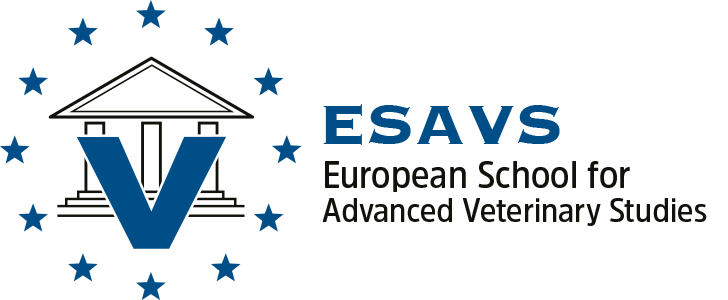European School for Advanced Veterinary Studies
Focus On – Surgery
Our Focus On – Surgery
The ESAVS Focus on Surgery program offers advanced, hands-on training for veterinarians seeking to expand their surgical knowledge and skills. Open to all qualified veterinary professionals with a strong interest or background in surgery, these courses are led by internationally recognized experts and focus on practical, real-world application. Whether you’re an experienced practitioner, a certificate holder, a resident in training, or a specialist, you’ll benefit from small-group learning—often just two participants per station—for maximum hands-on experience and peer exchange.
Courses are offered at two levels: advanced courses for veterinarians with solid surgical experience, and masterclasses for those with specialist training. All courses, whether part of a thematic series or stand-alone, can be booked independently, allowing you to build your own learning journey according to your needs and goals.
Courses are offered at two levels: advanced courses for veterinarians with solid surgical experience, and masterclasses for those with specialist training. All courses, whether part of a thematic series or stand-alone, can be booked independently, allowing you to build your own learning journey according to your needs and goals.
Our Aims
• Learn from the best: We bring to you world-renowned experts.
• Share with your peers: A focus on course or masterclass offers a unique opportunity to train and to share knowledge with colleagues at your level.
• Avoid the basics: Designed for advanced practitioners and specialists, our focus-on trainings ensure your time investment is highly valuable.
• Hands-on training: With a limited number of participants, often just two per working station, our on-site training maximizes practical exercises and brainstorming sessions.
Target audience and entry levels
Our focus-on surgery trainings are offered at two levels: Advanced *(courses) and specialists **(masterclasses).
• Advanced courses*: Designed for practitioners with solid knowledge in small animal surgery, ideally holders of ESAVS certificates, master’s degrees, or equivalent experience.
• Masterclasses**: Tailored for diplomates, specialists and veterinarians specialized in surgery.
• Advanced courses*: Designed for practitioners with solid knowledge in small animal surgery, ideally holders of ESAVS certificates, master’s degrees, or equivalent experience.
• Masterclasses**: Tailored for diplomates, specialists and veterinarians specialized in surgery.
Residents in training are welcome in both courses and masterclasses.
General organization
The Focus on Surgery program includes “series” and stand-alone courses. Within a series, courses can be taken independently, but they complement each other well. Registering for all courses in a series ensures comprehensive knowledge in a specific field. Currently, some series offer independent webinars (e.g., Surgical Oncology). Stand-alone courses are dedicated to one specific topic that warrants specific training.

